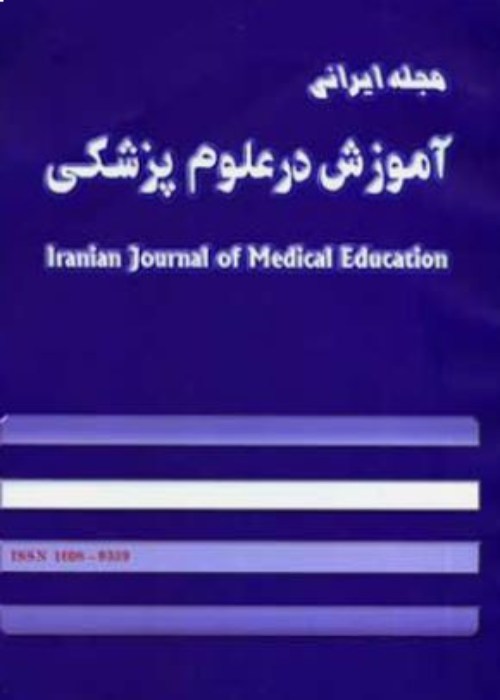The Structured Analysis of Requirements and Challenges of E-Learning and Proposing a a Practical Model for Successful Implementation of E- Courses in Medical Sciences
The rapid expansion of e-learning elucidates the necessity of paying attention to this phenomenon by all educational centres especially medicals. Considering the importance of this subject and regarding the commencement of new courses in our country as well as the establishment of higher education disciplines, this paper aimed to review the structured analysis of requirements, challenges, problems, and barriers in the application of e-learning in education and thus provide a model and guide for choosing, designing, and implementing an electronic course.
Theoretically viewing, this is a review study. Researcher selected and studied total 100 articles (literature review and original research articles published from 2003 and afterwards) out of 4700 Articles found from databases of ERIC, ACM, GUIDE Association, Digital Learning, OECDT, and Becta, using search engines of Google and Yahoo. The keywords used in this search were “requirements, challenges and e-learning”. Then the findings were combined with results of an experimental study by the researcher extracted from a satisfaction questionnaire, and finally analyzed.
After discussion and summing up the reports and opinions of experts regarding the requirements and challenges of setting up an e-learning system, main factors and infrastructures were summarized in the following domains: 1) IT, 2) human resources, 3) pedagogical, 4) cultural, social and values, 5) economic, 6) management, and 7) administrative and supportive. Then a fundamental approach for the stages of analysis, design, implementation, and evaluation of an electronic course was proposed.
The spectrum of requirements and challenges of e-learning in our country is so extensive, as it includes: changes in traditional perspectives to creation of cultural, communicative, and hardware infrastructures, formal and public policymaking, legislation and creating legal platforms in education systems, creation of an e-learning management system, development of the fields for content production based on international standards, and privatization for the production of local e-content. Presentiation of an executive model considering the above-mentioned findings could help the managers and decision makers for a successful implementation and further efficacy of this approach.
- حق عضویت دریافتی صرف حمایت از نشریات عضو و نگهداری، تکمیل و توسعه مگیران میشود.
- پرداخت حق اشتراک و دانلود مقالات اجازه بازنشر آن در سایر رسانههای چاپی و دیجیتال را به کاربر نمیدهد.


